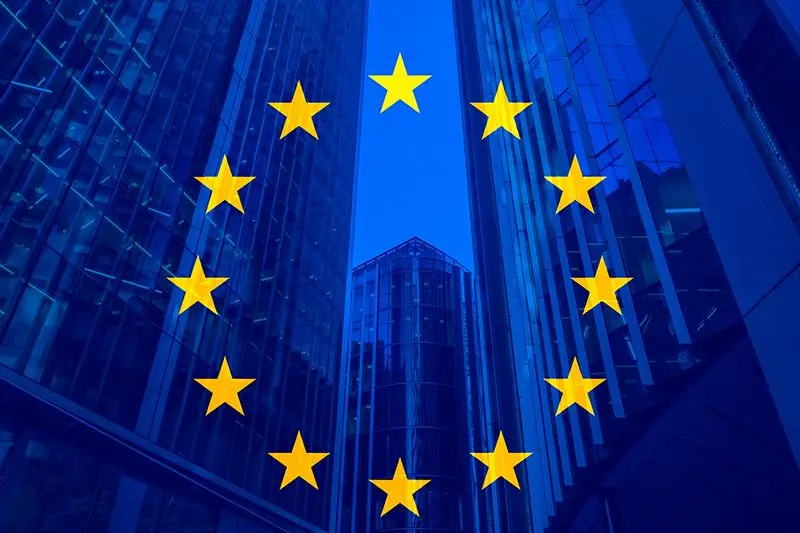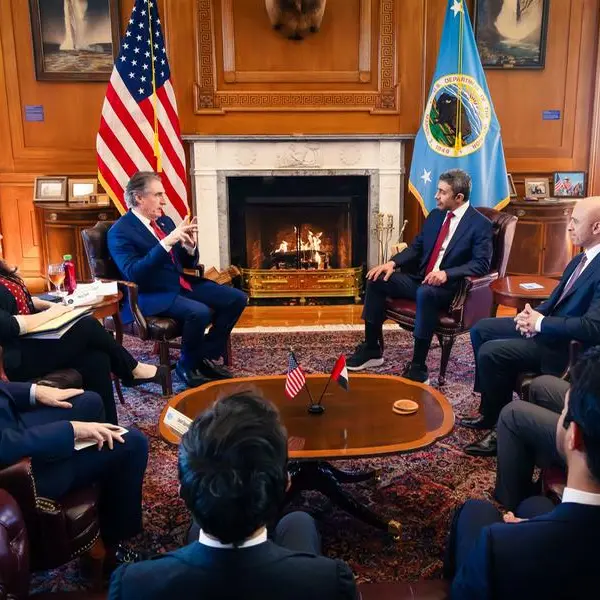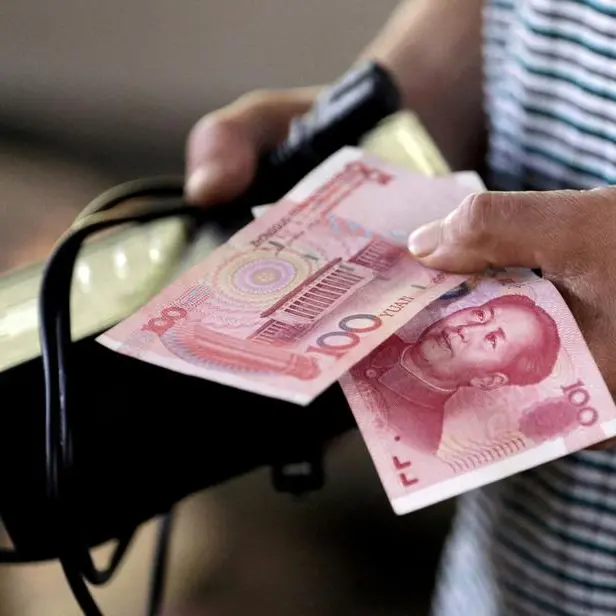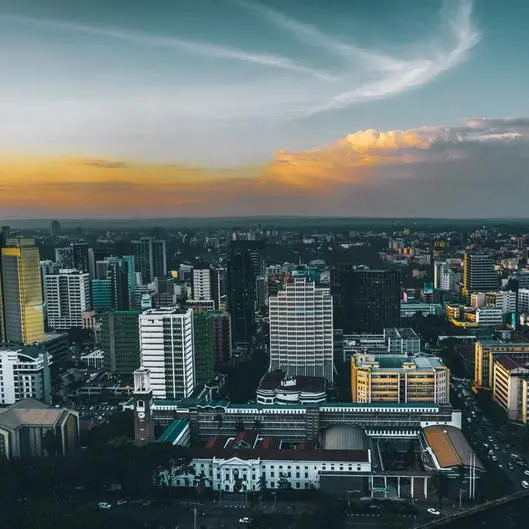PHOTO
How will the EU solve its recurring energy crisis? For the past decade, this has been an ongoing worry and a direct threat to the bloc, yet no concrete action has been taken to solve it. There is an inability to exit this vicious circle, which pops up every winter and whenever the political crisis to the east flares up.
It is unbelievable that millions of European households could today face blackouts and not be able to keep their homes warm. It is also unbelievable that the EU needs the US to support last-minute safeguarding measures to keep the old continent warm with more than 50 tankers carrying liquefied natural gas. Press reports described it as the largest US flotilla aimed at saving Europe since D-Day in 1944. It is good to know one can rely on an ally, but these emergency actions are extremely counterproductive in terms of broader strategic geopolitical goals.
Without going into an energy study of Europe, a quick snapshot helps us understand the situation. Europe relies on natural gas for a little more than 22 percent of its power generation. It is this source of energy generation that is blamed for the current situation. This happens in winter, when some sources of renewable power generation do not achieve their targets. Some might argue that energy diversification strategies should be blamed. The view is that they have been too focused on replacing petroleum products and demonizing nuclear power.
Today, this energy crisis is solely viewed through the lens of natural gas. And so, as a quarter of the EU’s natural gas supply comes from Russia and most of it passes through Ukraine, relations between the bloc and Moscow have been framed as one of extortion, especially on the political side. But Russia is not to blame, particularly when one looks at the refugee crisis. In this crisis too, the EU is being blackmailed and threatened by other regional powers with a direct impact on its foreign policy.
This reminds me of a saying: “To lose one donkey is an accident, to lose two is carelessness.” And this might be just it — there is carelessness in the EU’s lack of unity, foreign policy and security strategy focus. However, despite this core reason, the EU keeps looking at energy only from a narrow viewpoint. This is a crucial point, as history has proven with France and its nuclear power generation. Nuclear accounts for 70.6 percent of its total energy production, giving the country some independence and more capacity to act on international files. But France cannot take on this endeavor alone, so the EU needs to break away from the constant threats that place it in a fragile situation.
It is also not only a question of energy diversification. Indeed, the matter is also about building and creating a true deterrence that would enable the EU to preserve its security and empower it to protect its own interests without having to ask for last-minute help from the US. It is important to achieve these objectives so that it can deal with an increasingly polarized world. Beyond the great power competition theme between the US and China, it is also a world where regional powers are showing more assertiveness.
The EU, when it comes to foreign policy and security issues, is failing because of its division. If we investigate the gas situation, this is symbolized by the Nord Stream 2 pipeline. This natural gas pipeline from Russia to Germany has been completed but it is still not operational and Brussels does not support it. The project is a German one, with the participation of European companies such as the France-based Engie and the UK’s Shell. This gas source is considered by Germany as a viable option in the green transition, as well as an effective way to bypass Ukraine.
However, for the EU, this goes against the objectives of the diversification of sources and also of suppliers. The EU sees this project as further consolidation of its reliance on Russia, which puts the bloc in an even more precarious situation. In fact, some voices in the EU see Iran as a viable alternative source of gas. Iran accounts for about 17 percent of the world’s total natural gas reserves. This could explain the EU’s eagerness to reach a nuclear deal and remove sanctions on Tehran. However, even if the EU could supply its homes with Iranian gas, it would find itself in the same situation of being subject to extortion.
Once again, it is not simply a question of energy, as the same applies to the refugee crisis and other issues. If the EU is perceived as weak, these extortion situations will not end. So it is an urgent necessity for the bloc to outline a common and unique foreign policy and build a proper security and military infrastructure to implement it and protect its member states’ interests. Only this will empower the EU to rebalance relations.
- Khaled Abou Zahr is CEO of Eurabia, a media and tech company. He is also the editor of Al-Watan Al-Arabi.
Copyright: Arab News © 2022 All rights reserved. Provided by SyndiGate Media Inc. (Syndigate.info).





















